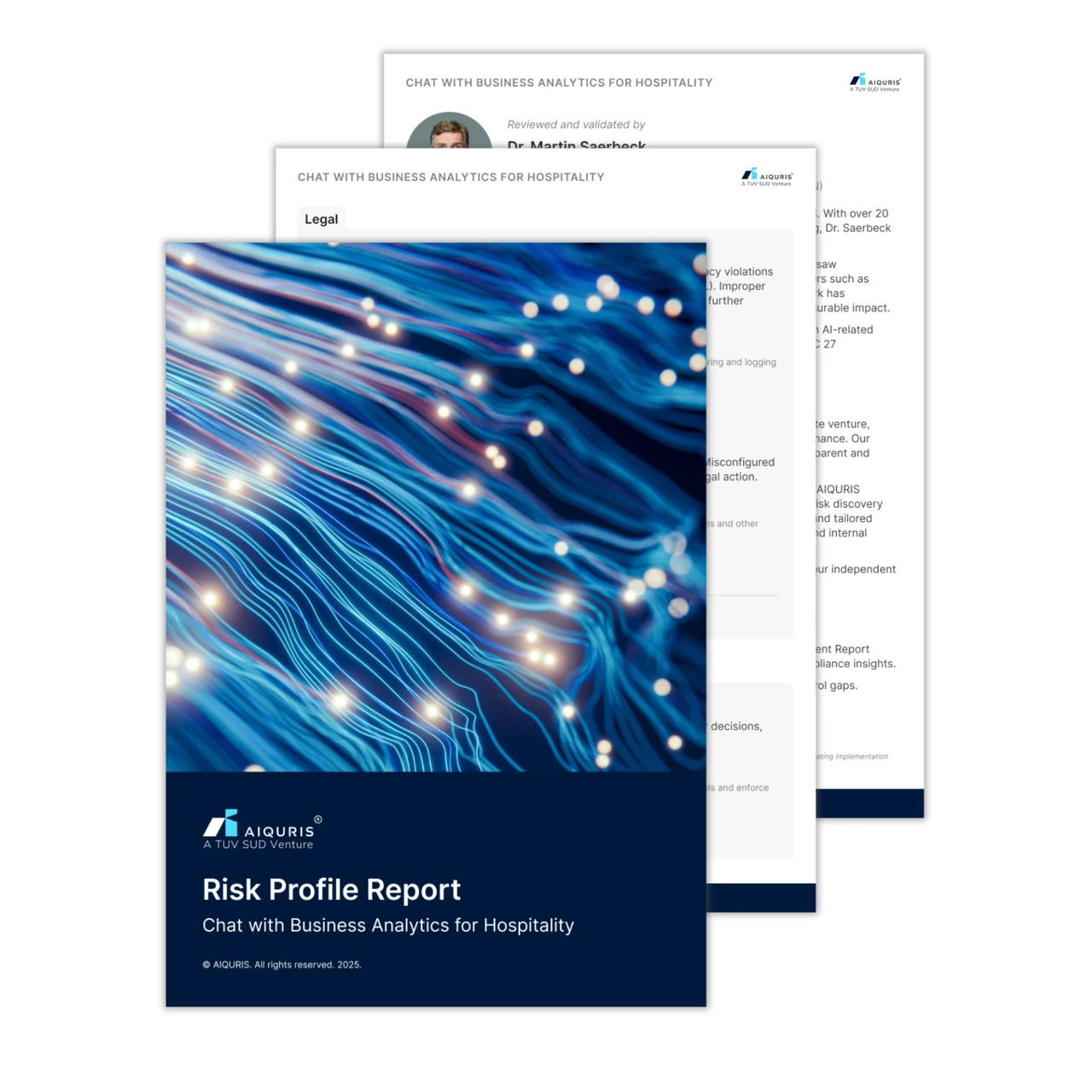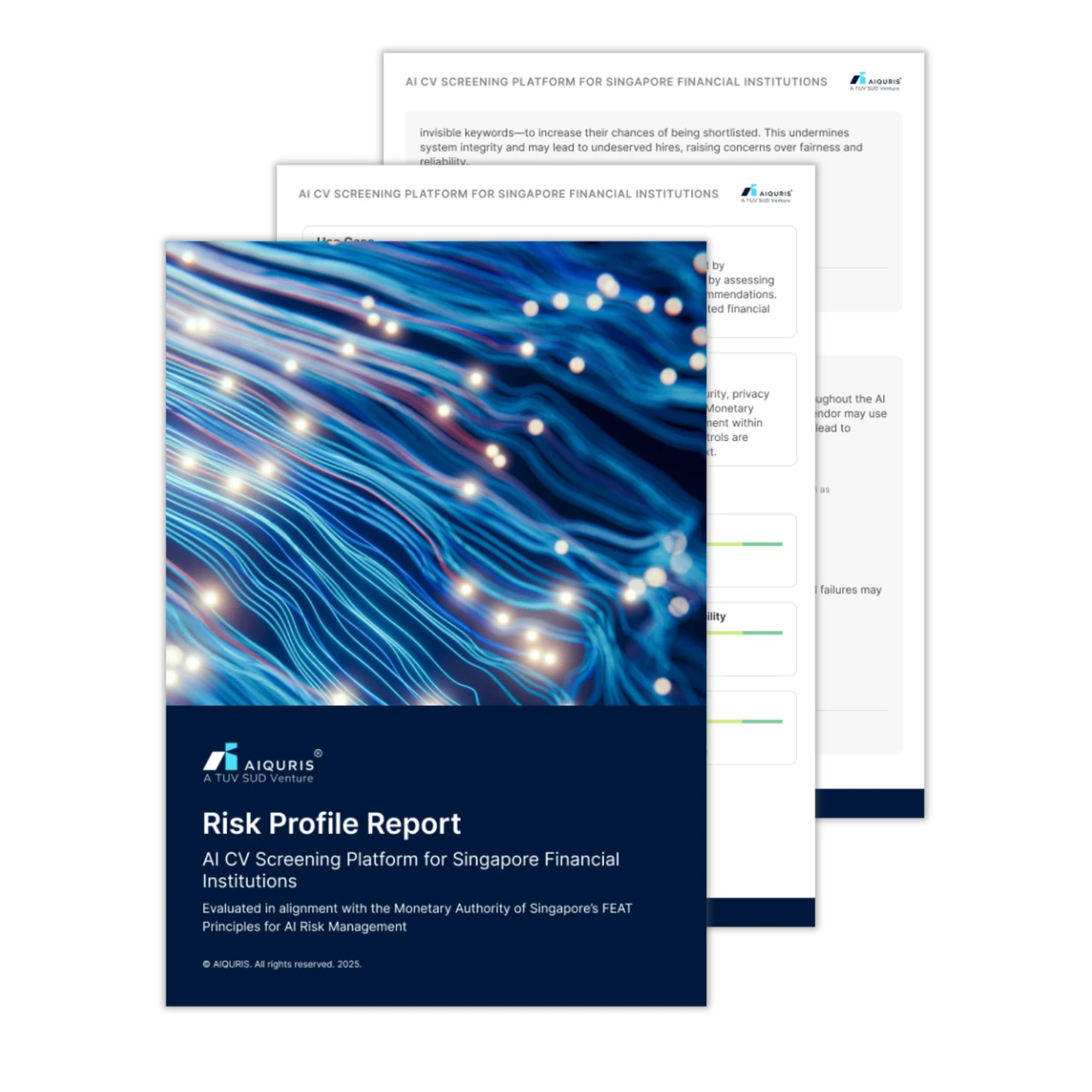Artificial Intelligence stands poised to reshape business operations in 2024, with significant advancements in Generative AI and large language models leading the charge. According to a recent article on Investment Monitor, AI adoption is set to accelerate as businesses move beyond piloting to full-scale implementation of AI technologies aimed at enhancing efficiency and productivity. This shift underscores a pivotal moment where applications of AI are expected to drive operational efficiencies and transformative decision-making capabilities across industries.
Enhancing Business Operations with AI
The transformative potential of AI in business operations is underscored by forecasts from GlobalData, estimating the AI market to reach $908.7 billion by 2030, driven by an 80% compound annual growth rate (CAGR) in the Generative AI sector. This growth reflects the increasing integration of AI into core business processes, such as procurement and contract analysis. AI's ability to analyze historical data and automate complex decision-making processes not only streamlines operations but also empowers businesses to make informed decisions based on data-driven insights.
Procuring AI Systems: Key Factors for Enterprise Consideration
The adoption of AI systems presents significant opportunities for businesses aiming to enhance productivity and efficiency. However, the procurement process for AI solutions is fraught with complexities that must be navigated diligently. Below, we outline essential steps and considerations to help enterprises effectively procure AI systems, based on a commercial checklist by RPC, a leading law firm in London.
-
Establish Clear AI Policies and Governance
Developing robust policies around AI usage is foundational. Companies should define data governance processes to ensure data integrity and compliance with privacy regulations. Implementing stringent testing procedures for AI use cases is crucial to mitigate risks associated with biased outcomes.
-
Define Strategic Objectives and Budget
A well-defined strategy is essential for successful AI integration. Given the experimental nature of many AI solutions, enterprises must outline clear integration plans and potential short- and long-term benefits. Budgeting adequately for procurement, deployment, and ongoing maintenance is critical to assessing return on investment.
-
Scope Requirements and Assess Data Suitability
Unlike traditional IT procurements, AI solutions often require iterative development phases. Enterprises should articulate problem statements and use cases early on, alongside evaluating data quality and licensing constraints. Conducting impact assessments helps identify and mitigate potential risks associated with AI deployment.
-
Build Expertise and Collaborative Teams
Successful AI adoption demands multidisciplinary expertise, including legal, technical, and ethical considerations. Building diverse teams ensures comprehensive oversight and minimises biases during the procurement lifecycle.
-
Selecting the Right Provider
Choosing a reliable AI provider involves rigorous evaluation beyond sales pitches. Enterprises should assess provider capabilities, team diversity, and track record. Considering integration risks when engaging multiple providers is also crucial for seamless system interoperability.
-
Addressing Key Contractual Issues
Contracts should prioritise flexibility and phased development to accommodate AI's evolving nature. Clear agreements on data usage, IP ownership, and ongoing training responsibilities are essential. Implementing robust testing and acceptance criteria ensures AI solutions meet performance standards and ethical guidelines.
-
Ensuring Security and Compliance
AI-specific security threats require tailored safeguards, including data encryption and protection against model manipulation. Compliance with evolving AI regulations necessitates proactive adaptation and cost allocation agreements for regulatory changes.
-
Planning for Exit and Mitigating Vendor Lock-in
Mitigating vendor lock-in risks involves ensuring interoperability and knowledge transfer capabilities. Planning for solution migration and exit strategies from the outset ensures continuity and flexibility.
Conclusion
As AI continues to evolve, its integration into business operations presents both opportunities and challenges. By harnessing AI's potential to enhance efficiency, productivity, and decision-making, businesses can gain a competitive edge in an increasingly digital landscape. However, addressing risks associated with AI adoption requires strategic planning, collaboration with AI specialists, and adherence to ethical and regulatory guidelines. AIQURIS ® offers tailored solutions that streamline the entire procurement lifecycle—from initial assessment to deployment—ensuring seamless workflow integration and compliance with industry standards.






